Hope Bonarcher remembers some amazing women whose unshakeable faith demonstrates that when Christ is our foundation, we can move mountains.
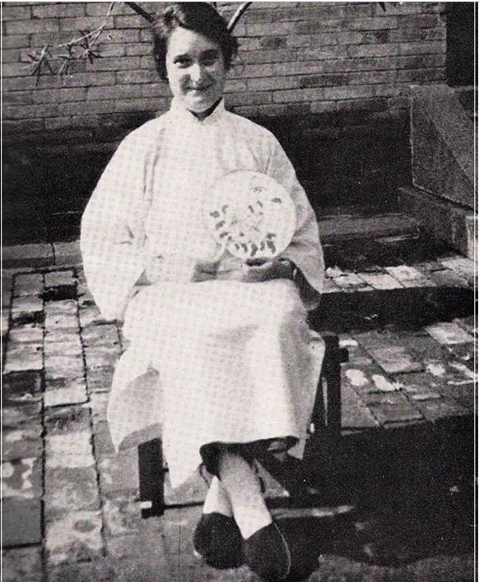
Gladys Aylward, born in London in 1902, was moved to tell the people of China the Gospel. Unsuccessful at encouraging wealthier, better educated, men to the mission field, Gladys decided she, herself, would find a way to China. In 1932, she traveled through a war zone, across Russia and Japan into China. Over the years she would advocate against the painful custom of foot binding on little girls and for adequate care for unruly prison inmates, but she is best known for the safe shepherding of 100 orphans, often by foot, over mountains and across the Yellow River, during the Chinese-Japanese war.
She is best known for the safe shepherding of 100 orphans, often by foot, over mountains and across the Yellow River, during the Chinese-Japanese war.
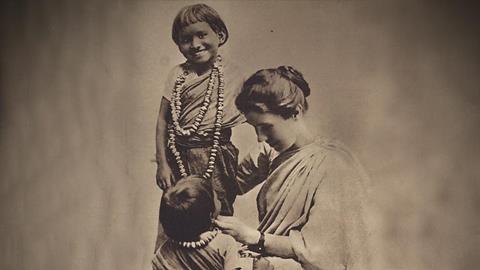
Amy Carmichael was a Northern Irish missionary for 50 years. Part of the Keswick Convention in the late 1800s, she settled in Southern India. There, Amy learned poor families were taught they would be blessed if they gave their daughters for service in the Hindu temples, left to be abused and abandoned. She withstood much opposition for challenging the prevailing belief system and rescuing girls to safe haven, teaching them of their beloved value in Christ. She formed such deep relationships with the orphans that they called her ‘Amma’, or mother. Amy is still lovingly regarded in Southern India today, her many books are available for encouragement in faith and missions.
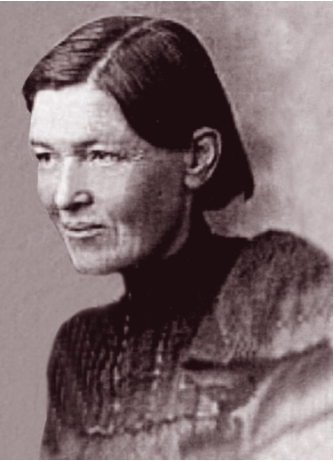
Mary Slessor was a Scottish missionary following in the footsteps of David Livingstone to Africa, after his death in 1873. Mary, was single and in her 20s when she embarked on her boat journey to Nigeria, to serve for nearly 40 years. Learning the local language, and making herself acquainted to their ways and customs, the blue-eyed, ginger-haired lady gained favour with tribes and chiefs. She became the first female magistrate in the British Empire, but was best known for her work rescuing twins. Superstition held that one must be fathered by an evil spirit, so both, and sometimes the mother, were killed or banished to exposure and starvation. Mary saw to their rescue and sometimes adoption. She was also known to care for widows and prisoners and for stopping the ceremonial burying of servants with their masters.
She became the first female magistrate in the British Empire, but was best known for her work rescuing twins.
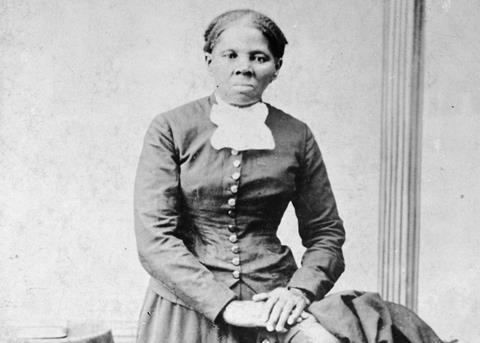
Araminta Ross, better known as Harriet Tubman, was born in America, in Maryland, in the 1820s. She would later be known as Black Moses, for helping nearly 70 slaves escape to freedom along the Underground Railroad; a secret succession of abolitionists’ homes, between the southern slave states and the northern, free state, of Pennsylvania. Young Harriet showed early signs of bravery, being struck in the head by a heavy weight while shielding a younger slave from the blow. Resulting in painful headaches, and fainting spells, the episodes lead to poignant visions from God, spurring on her deep faith and love for the Old Testament and God’s loving provision to set free the captive Israelites. Tubman was known as the first woman to lead an American military operation. She lead a regiment of 150 soldiers, helping over 750 black Americans to freedom, serving as an armed scout and spy in the Civil War .
Read more on amazing women
Life Lessons: ‘Never give up, it’s never too late and you are never on your own’
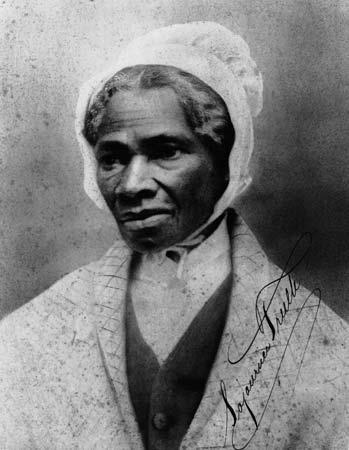
Isabella Baumfree, better known as Sojourner Truth was born in Dutch speaking, Ulster County, New York in the 1790s. She sued her former slaver for custody of her five year old son, becoming the first black woman to prevail in court over a white man. Her victory in the pursuit of justice and deeply held faith lead Isabella to become a prolific speaker in the fight for abolition and women’s rights. Changing her name to Sojourner Truth, although illiterate, she would go on to authorship by dictation. Her famous speech,“Ain’t I A Woman?,” questioned black women’s place in the Women’s Rights Movement. “I done born 13 children, then seen them all sold off into slavery, and when I cried out with a woman’s grief, ain’t nobody but Jesus heard me, and ain’t I a woman?” Her oratory skills would eventually gain her audience with president Abraham Lincoln, to whom she personally advocated on behalf of freed slaves.

































1 Reader's comment